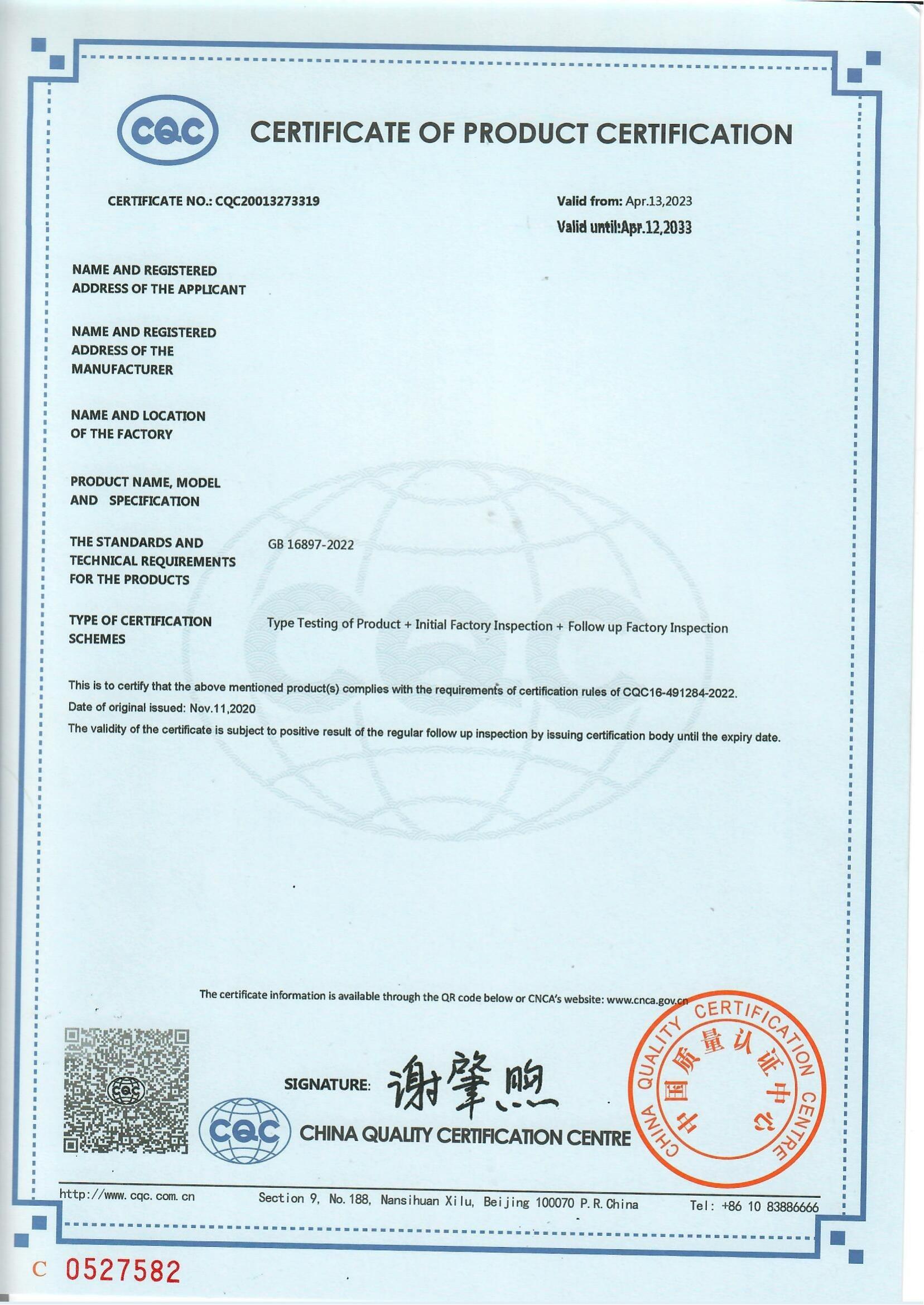Fuel Supply Line and Its Impact on Engine Performance
ಆಕ್ಟೋ . 16, 2024 14:15 Back to list
Fuel Supply Line and Its Impact on Engine Performance
Understanding the Importance of the Fuel Inlet Pipe in Engine Performance
The fuel inlet pipe is a crucial component of any internal combustion engine, playing a significant role in the overall performance and efficiency of the vehicle. It serves as the primary conduit through which fuel is delivered from the fuel tank to the engine's fuel system. Understanding its function, potential issues, and importance can greatly enhance our appreciation for automotive engineering and maintenance.
Function of the Fuel Inlet Pipe
The fuel inlet pipe is designed to transport fuel from the tank to the fuel pump, ensuring that the engine receives a consistent supply of fuel necessary for combustion. This pipe is typically made of high-quality materials, such as steel or reinforced plastic, to withstand the high pressures and corrosive nature of gasoline or diesel.
Once the fuel is sent through the inlet pipe, it usually enters a fuel filter that removes impurities before the fuel reaches the fuel injectors or carburetor, depending on the engine type. The efficiency of this process is vital; any blockage or damage to the fuel inlet pipe can lead to fuel starvation, resulting in poor engine performance or even stalling.
Common Issues with Fuel Inlet Pipes
Like any vehicle component, the fuel inlet pipe can face various issues over time
. One of the most common problems is clogging, which can occur due to debris accumulation. This often leads to reduced fuel flow, causing the engine to run lean and resulting in increased emissions and rough idling.fuel inlet pipe

Corrosion is another significant concern, especially in older vehicles or those exposed to harsh environmental conditions. Corroded pipes can develop leaks, leading to fuel smells and potential fire hazards. Additionally, cracks or fractures from physical damage can also compromise the integrity of the fuel inlet pipe.
Regular maintenance checks are essential for identifying these issues early. Mechanics often inspect the fuel inlet pipe during routine servicing, allowing for timely repairs or replacements to ensure the vehicle runs smoothly.
Importance of a Functional Fuel Inlet Pipe
A well-functioning fuel inlet pipe is vital for the engine's operational efficiency. It directly influences fuel delivery, which affects engine power, fuel economy, and emissions. An efficient fuel delivery system ensures that the engine can perform optimally under various conditions, whether accelerating on the freeway or idling in traffic.
Furthermore, a properly functioning inlet pipe contributes to the longevity of the engine. By preventing fuel starvation and ensuring the right air-fuel mixture, it minimizes the risk of knocking or misfiring, which can lead to costly repairs down the line.
Conclusion
In conclusion, the fuel inlet pipe may seem like a small component in the grand scheme of an engine's mechanics, but its significance cannot be overstated. By facilitating the necessary flow of fuel, it plays a pivotal role in engine performance, efficiency, and longevity. Vehicle owners should be aware of the signs of potential problems and prioritize regular maintenance checks to ensure that this essential system operates without a hitch. Knowledge of the fuel inlet pipe’s function and importance not only enhances our understanding of automotive technology but also equips us to make informed decisions in vehicle maintenance and care.
